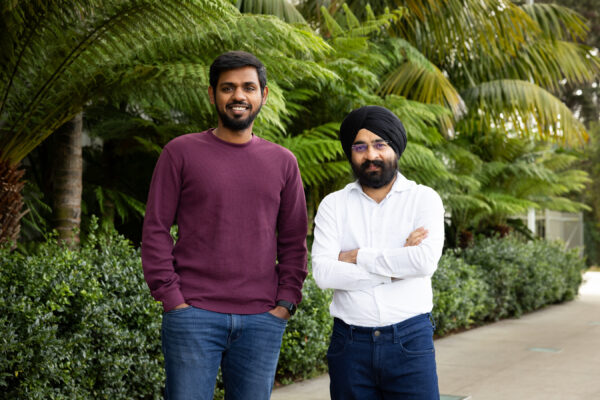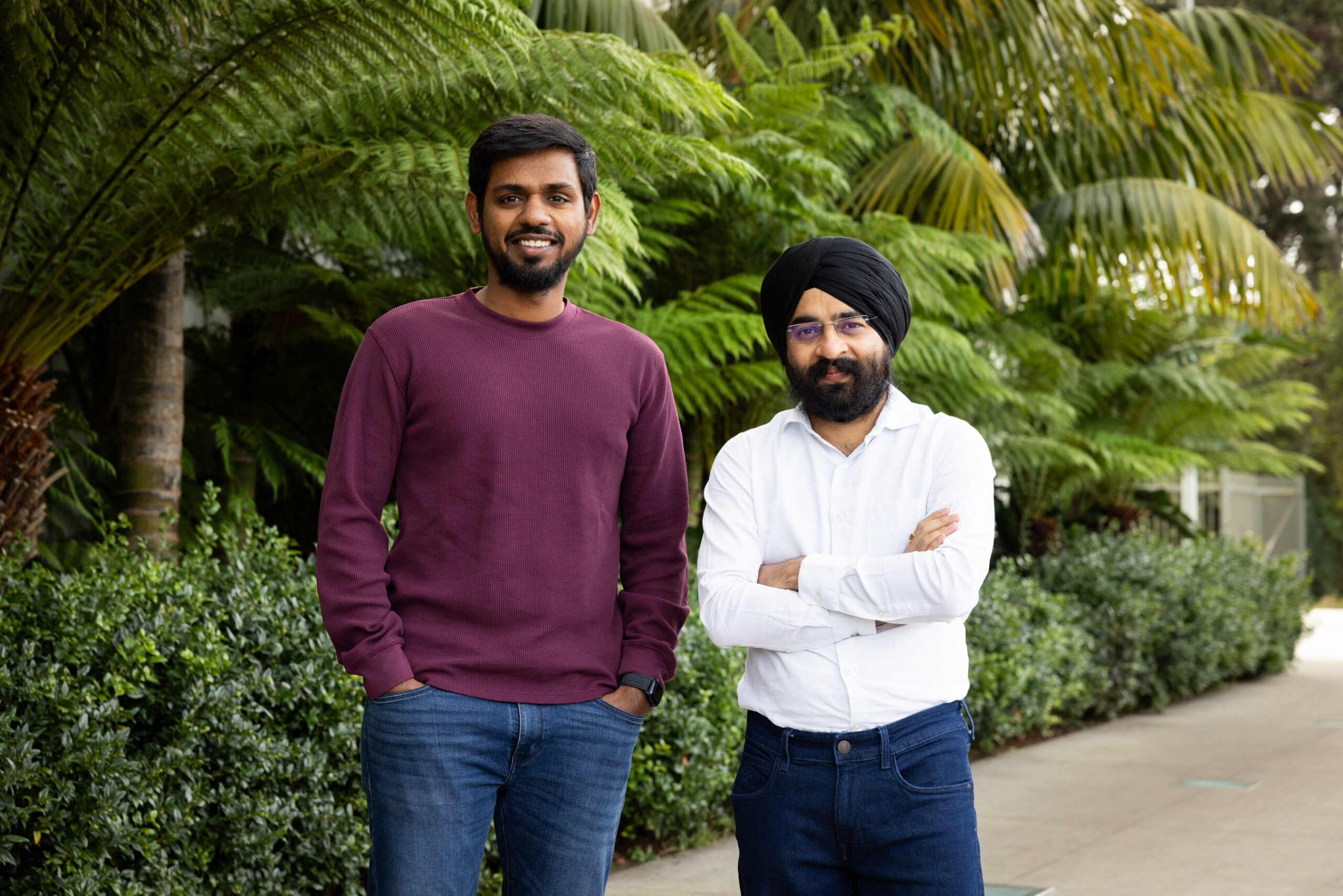Queens Carbon, a pioneering force in sustainable technology, has been awarded $14.5 million in funding from the U.S. Department of Energy’s ARPA-E SCALEUP program. This funding marks a significant milestone for Queens Carbon in advancing its breakthrough low-temperature technology aimed at revolutionizing the cement industry’s carbon footprint.
Under the SCALEUP initiative, Queens Carbon will collaborate with a leading commercial partner to pilot their innovative approach, designed to eliminate CO2 emissions from cement production. This partnership underscores a shared commitment to scaling sustainable solutions that address the environmental challenges posed by traditional cement manufacturing.
“We know that cement manufacturing requires innovative, scalable solutions to overcome the environmental impacts and logistical hurdles of traditional cement production. Queens Carbon is committed to tackling these challenges,” stated ARPA-E Director Evelyn N. Wang. Through this collaboration, Queens Carbon will establish an integrated pilot facility within an existing cement production site, facilitating the production of carbon-neutral materials crucial for decarbonizing the industry.
Queens Carbon’s technology focuses on producing energy-efficient supplemental cementitious materials (SCMs) from standard raw materials. These materials, branded as Q-SCMs, are designed to replace up to 50% of the high-CO2 binder traditionally used in cement production. This approach not only meets the rising global demand for cement but also ensures competitiveness in cost while significantly reducing greenhouse gas emissions.
Daniel Kopp, CEO of Queens Carbon, expressed optimism about the future impact of this funding: “This SCALEUP grant is a tremendous step forward on our path to commercialization. Partnering with ARPA-E and a major cement industry player will accelerate our journey towards gigatonne-scale CO2 reductions.”
Editorial Opinion: Accelerating Towards a Sustainable Future
The recent funding secured by Queens Carbon represents more than just financial support—it signifies a pivotal moment in the pursuit of sustainable industrial practices. By enabling the scale-up of their innovative technology, this investment not only supports environmental goals but also positions the United States at the forefront of global efforts to combat climate change.
Queens Carbon’s commitment to reducing CO2 emissions through scalable, energy-efficient solutions sets a benchmark for the industry. The integration of their pilot facility into existing cement production sites marks a critical advancement towards achieving widespread adoption of carbon-neutral cementitious materials.
As we look ahead, investments like these not only drive technological advancements but also inspire confidence in the future of sustainable innovation. Queens Carbon’s success story serves as a beacon of hope, demonstrating that through collaboration and innovation, industries can align economic growth with environmental stewardship.
For further inquiries or corrections, please contact editor@thetimesmag.com.











